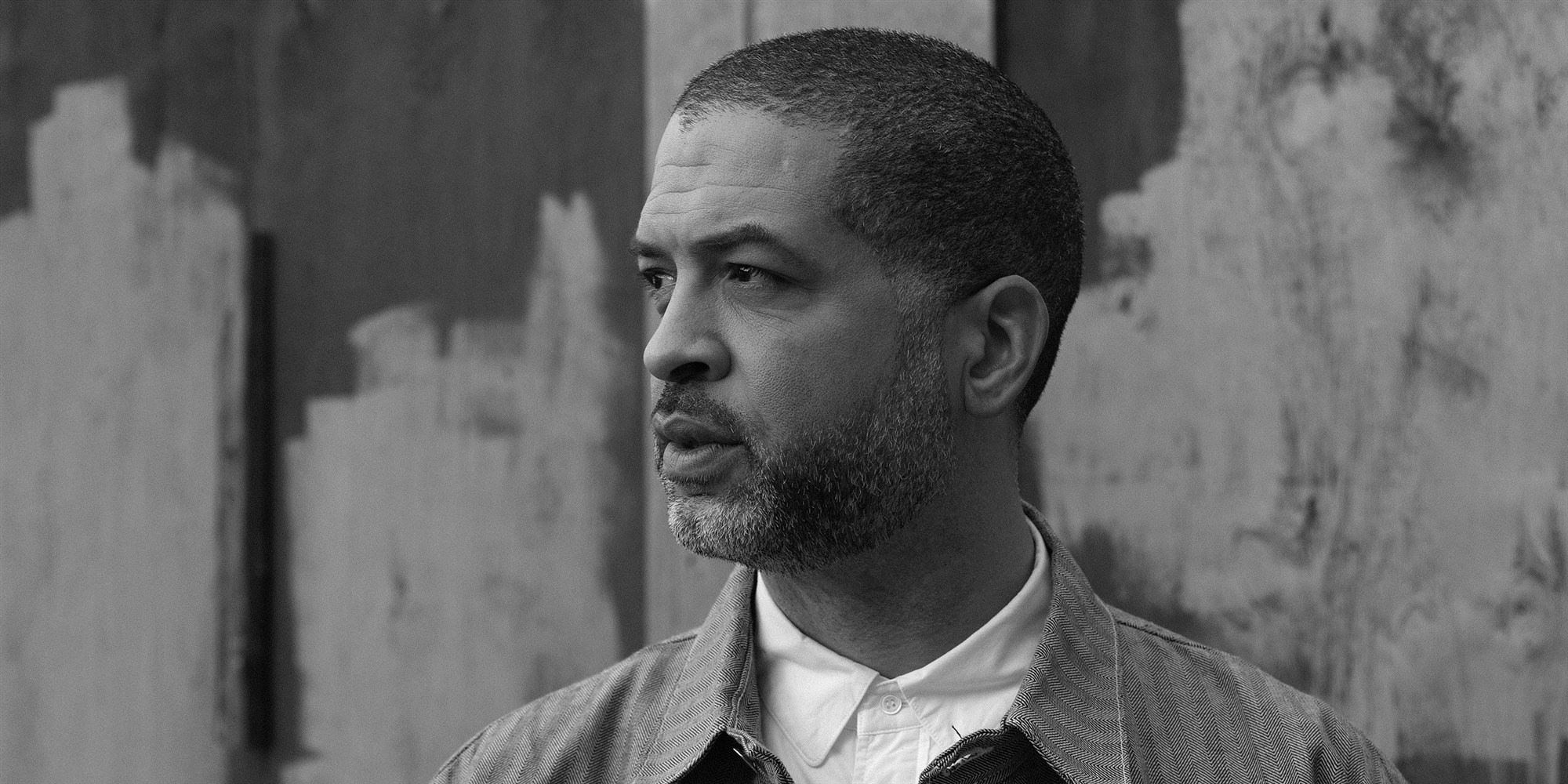
The jazz pianist and composer Jason Moran was wrapping up three days of recording in Brooklyn when an angry mob of Trump supporters ambushed the U.S. Capitol. He put his phone down after reading the news and decided to get his project out immediately as a way to help the nation heal from its divisiveness.
“The Sound Will Tell You” is Moran’s latest musical collection featuring 12 songs released on Bandcamp four days ahead of its original Jan. 15 date. A MacArthur fellow, Moran named the songs after his favorite passages from works by Toni Morrison, which he has been revisiting while sheltering at home during the pandemic.
“I had to look for where the truth was going to be, and it lives in her books,” Moran said. “In novel form, she nails it — the best layering soul, vulnerability, history, challenge, regard and terror in her words. That’s what I wanted to go for, and the only way to get better at it is to read her words over and over again.”
Mastered by his niece, a junior at the Berklee College of Music, “The Sound Will Tell You” is the canvas Moran used to incorporate a “drip effect” on half of the album’s tracks. The technique allows his real-time performances to cast “a shadow,” or a prolonged sound. Moran, a Houston native, included the effect as an homage to DJ Screw, the hip-hop legend from his hometown who popularized the distorted “chopped and screwed” style of production and who died in 2000 at 29.
Moran, who scored the movies “Selma” and “13th” and the stage adaptation of “Between the World and Me,” subtitled select tracks on the new album with “tear,” “honey” or “shadow” to act as a metaphor for how society has transitioned to a new normal.
“Life for a lot of us slowed to a crawl last year,” Moran said. “Things in our lives that drip are tears falling from my eyes, water from a faucet, honey dripping from a spoon and the shadow itself.”
“I wanted to make something for people to listen to just to get them through the day,” Moran adds. “We all need something to soak us up, too, but we should allow ourselves to drip, cry or not allow ourselves to feel like we can move as fast as we want to move.”
“The Sound Will Tell You” borrows its title from the culinary griot Vertamae Smart-Grosvenor’s tip for knowing when fried chicken is done cooking. The album is a companion piece to an installation of 26 works by Moran that will be on display at the Luhring Augustine Gallery in Manhattan’s Tribeca through Feb. 27.
Moran, 46, spent about nine months creating the artwork. Along with perusing cookbooks by Black chefs and spending time with his wife, Alicia, and their 13-year-old twin sons, Moran explored his creativity while isolating at home, to fill the void of not actively being on the road.
“All of the pieces are surrogates to the concerts I never got to perform last year,” he said. “I’ve often thought that the musician had been confined to only make music, but the greater artists that I’ve fallen in love with found ways to move beyond the boundaries of their art form. It’s another relationship I keep toying with.”
As the Kennedy Center’s artistic director of jazz, Moran was curating a season of programs to commemorate the 100th birthday of Charlie “Bird” Parker before the shutdown. Since the center is now offering digital archived recordings of past performances, Moran said he hopes it will use art to further educate audiences on how music plays a role in America’s sociopolitical climate.
“The future of the institution, beyond what’s happened on Capitol Hill, and music will need to start tying together the message with the music,” Moran said. “We have the ability to gather people, but it’s hard to think about programming that’s been lost because now we can only rebuild.”
Moran is keeping that same mission as a faculty member at the New England Conservatory of Music. His virtual courses take deep dives into the catalogs of Louis Armstrong and the blues as opposed to the performance-based curriculum he’s accustomed to teaching in-person.
He hopes that being a prolific independent artist during the pandemic can instill some hope into his students and bring more diversity and inclusion to music education.
“Conservatories don’t really want to talk about Black people or Black issues, yet they want to talk about jazz and the blues,” he said. “I don’t want to be that kind of teacher that eludes that. A lot of these students have to confront it, but you can do it thoughtfully. It’s making sure students know that history.”
“Playing music is really about sound and hearing it in the room,” Moran adds. “My job is to make sure they understand the story of why you make sounds. We have to be thoughtful in how we share that with people and find music that pulls people through those emotions.”